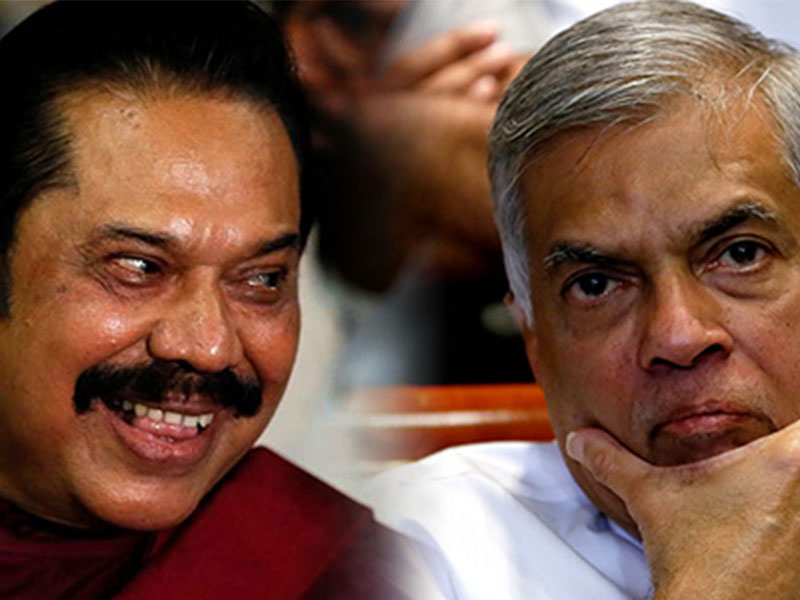Former Sri Lankan President Mahinda Rajapaksa unleashed sharp criticism against the current government’s economic policies, particularly highlighting what he views as the detrimental impact of Prime Minister Ranil Wickremesinghe’s tax regime. In a recent address, Rajapaksa painted a bleak picture of a nation struggling under the weight of misguided economic decisions, culminating in widespread public discontent among even highly qualified professionals.
Growing Frustration:
Discontent Among Professionals: Rajapaksa’s central argument hinges on the growing frustration among Sri Lanka’s educated elite. He pointed to the irony of professionals holding multiple degrees and qualifications taking to the streets to protest against tax burdens. This, he claims, is a direct consequence of policies implemented by the Wickremesinghe administration.
Shared Governance, Divided Responsibility: While acknowledging his own party, the Sri Lanka Podujana Peramuna (SLPP), as part of the current government, Rajapaksa strategically distanced himself from its economic direction. He emphasized the power dynamic within the coalition, highlighting Wickremesinghe’s position as both Head of Government and leader of a separate party with its own distinct policies. Rajapaksa further underscored the exceptional circumstances surrounding President Ranil Wickremesinghe’s ascension to power, elected not through a national mandate but by Parliament to fill the vacancy left by the Rajapaksa family’s own tumultuous exit.
Stability vs. Change: Rajapaksa’s message emphasizes the need for stability until the next national elections. He portrays the SLPP’s current role as one of ensuring continuity and preventing further chaos, a veiled criticism of the previous UNP-led administration that he blames for the January 2015 crisis. However, this focus on stability does not preclude a call for change. Rajapaksa urges voters to make informed decisions based on economic realities and past performance, warning against the dangers of succumbing to “propaganda and social media hysteria” during election season.
Januarys Past and Future: Rajapaksa’s speech serves as a stark reminder of the January 2015 events that toppled his presidency. He positions his party as the antithesis of the economic mismanagement that he associates with that era, implicitly presenting himself as a safer choice for future stability and prosperity. By invoking the spectre of past mistakes, Rajapaksa aims to steer voters towards a calculated decision based on economic prudence rather than emotional appeals.
With Sri Lanka still grappling with the fallout of its recent economic crisis, Rajapaksa’s intervention injects a potent dose of political rhetoric into the national discourse. His critique of the current government’s economic policies, coupled with his veiled pitch for his own party’s prospects, sets the stage for a potentially heated electoral battleground as Sri Lanka inches closer to the polls.







